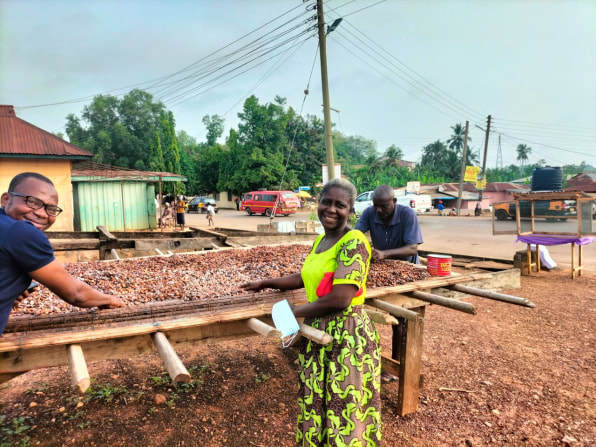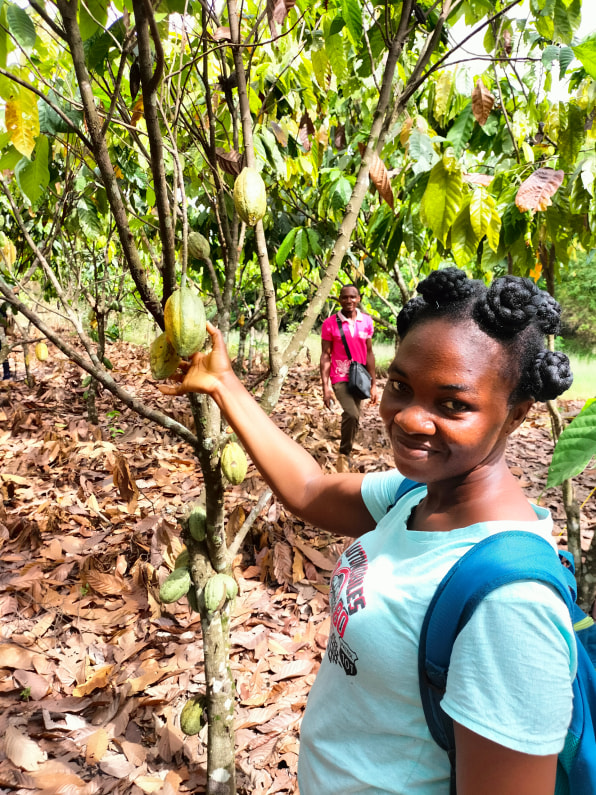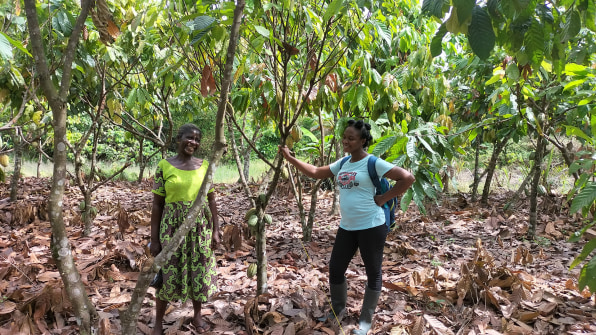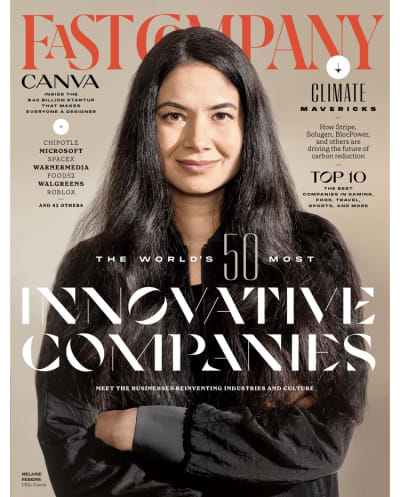Climate change is creating a nightmare scenario for subsistence farmers around the world.
自给自足的农场通常是小规模的行动,通常不到2公顷,对经营它们的家庭以及依赖农作物的周围社区而言非常重要。截至2013年,地球上有近20亿人依靠小规模的生存农场来生存。But those farms are in trouble: Rising CO2 levels have increased the likelihood and severity of extreme weather events like droughts, floods, and wildfires—a trend that can leave those farmers with nothing to eat and no money to buy food elsewhere. According to the Food and Agriculture Organization of the United Nations, extreme weather disasters cost developing nations’ agriculture sectors$108 billion between 2008 and 2018。
But one company thinks it can help solve the problem with a seemingly unlikely tool: blockchain.
Using blockchain technology to protect people from climate change might sound a bit like using gasoline to protect against a blaze, but the Lemonade Crypto Climate Coalition, which launched last week, says that’s exactly what it wants to do.

气候保险是不是一个新概念, but providing the service to subsistence farmers has been difficult historically. Claims are often small—on the order of tens of dollars—meaning that it’s incredibly difficult for traditional insurers to underwrite and process claims and still make money. “Everything’s upside down. It costs you more to service the claim than the claim itself,” says Daniel Schreiber, Lemonade’s cofounder and CEO.

Lemonade提出的解决方案是使用智能合约(以太坊引起的区块链功能)基本上自动化支出过程。智能合约是在区块链支持网络上执行的可编程功能。用户预先确定合同的条款,如果满足条件,则会自动发出付款。例如,可以在三月疯狂游戏中进行赌注,一旦游戏结束,网络将自动支付获胜者并从失败者中扣除金钱。或者,对于撒哈拉以南非洲的红薯农民,如果该地区的干旱超过一定阈值,他们可能会收到丢失的农作物的现金价值。
这样的智能合约仅与您喂养它们的数据一样好,但是区块链已经开发了一种称为Oracles的辅助技术,这些技术旨在为此目的刮擦和验证数字世界中的数据。就柠檬水的新保险技术而言,Oracles将不断监视来自气象站和卫星的数据,以确定应支付的要求。
哥伦比亚气候学校的博士后研究科学家Cascade Tuholske说,这个想法在区域范围内很有意义。“在单独的农场基础上,对于任何现有的气象产品,解决实际的农作物损失都将很难,但是对于大规模的干旱,西非或撒哈拉以南非洲的一般气象模式可以很好地解决,”他可以很好地解决。”说,补充说,随着该地区卫星和气象站的数据继续改善,预计模型只会变得更好。他说:“尤其是在西非,作物保险已被证明是在挑战时期造成农场损失的强大战略。”“这些农民需要帮助。”
What about the environment?
Lemonade is well aware of the ecological impact of many traditional blockchains, and appears equally keen to avoid them. Its insurance product will run on the雪崩区块链,旨在低成本和环保。
The key difference between Avalanche and many other crypto networks like Bitcoin or Ethereum is that it uses “proof of stake” instead of “proof of work” to validate transactions on the network. For those who need a refresher, most blockchains rely on工作证明验证网络上的交易。本质上,工作证明要求系统执行资源密集型数学计算作为真诚的表现。这样可以防止用户游戏系统,并将漏洞限制在拒绝服务攻击和其他恶意活动中,因为用户必须投资实质性的计算能力才能参与。
Proof of stake, on the other hand, is a共识机制,这意味着用户是由网络选择的,以验证交易。在网络上拥有更多资产的用户(因此,更可能选择维持其保真度的股份)。此选择过程的“获胜者”验证了交易;然后,其他用户可以确认交易的有效性。(每个参与验证过程的用户通常都以本机数字货币的形式获得网络上的奖励。)

Getting people to sign up
Lemonade is partnering with Pula, a Kenyan company that has for years been operating across Africa to provide microfinancing solutions to farmers. If Pula can deliver on its promises and convince users to sign up, it could be a chance for blockchain to undo some of the harm it’s done to the planet. For Schreiber, that’s what makes the project so exciting.
他说:“区块链在许多方面都是有趣的技术,但是现在没有人能指责它的一件事是对现实世界产生影响。”“这就是使这项计划如此有趣的原因。这是一种尝试的尝试:利用这项新技术的所有力量,利用它们为不可能的现实世界:暴露于天气的生存农民。”

